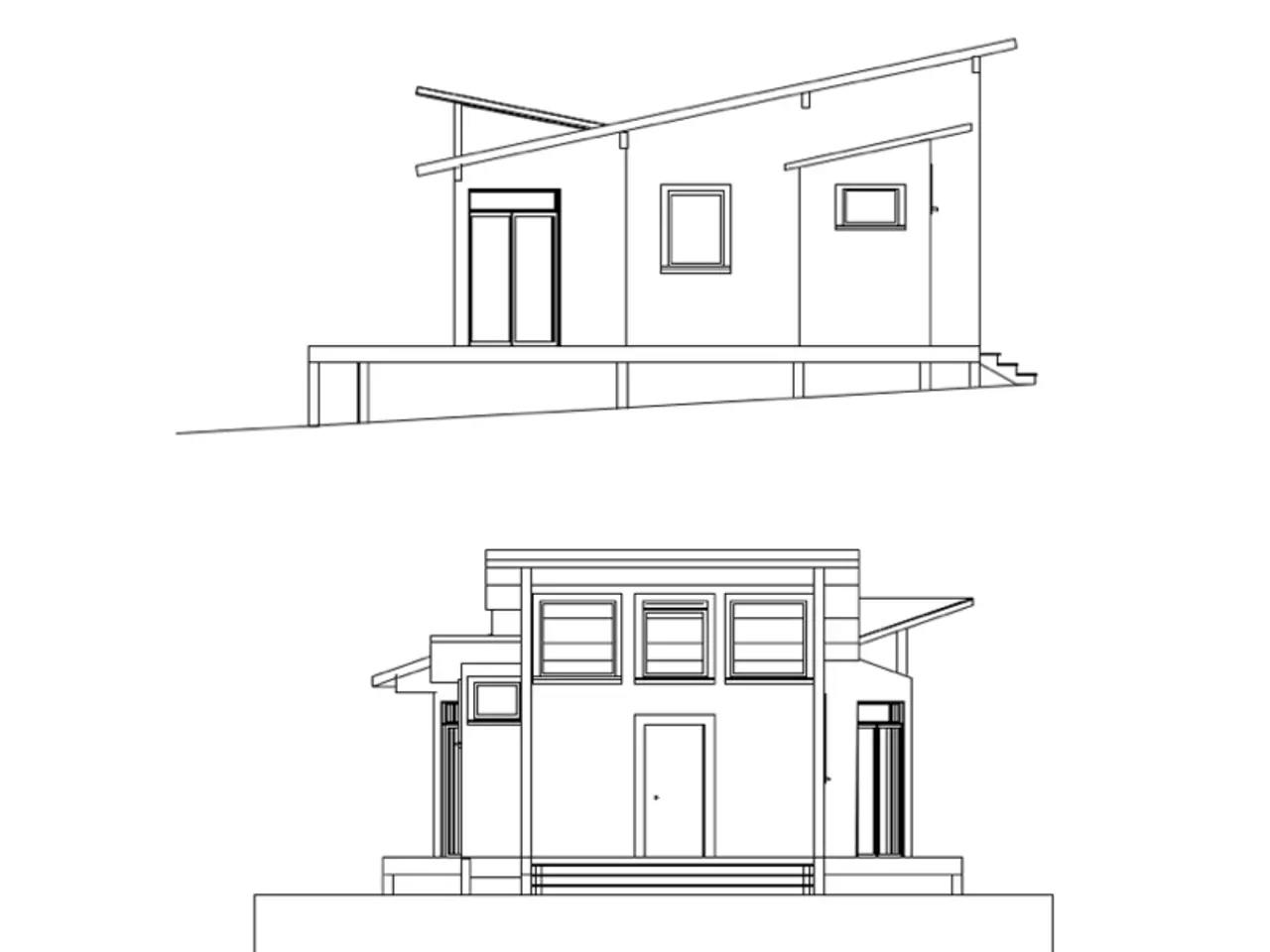Following the land tax alteration, Bremen's financial reserves shrink by approximately 3.5 million euros
In the heart of Germany, the city of Bremen has seen a shift in its real estate tax landscape, with the implementation of a comprehensive tax reform. The reform, necessitated by a 2018 ruling from the Federal Constitutional Court, aims to address the use of outdated value ratios from 1964 and 1935 in real estate tax calculations.
The new evaluation criteria for the revaluation include factors such as the type of property, the age of the building, living space, a standardized rental price, and the size of the property. This overhaul has resulted in a reassessment of over 237,000 properties in Bremen, including 35,000 in Bremerhaven.
The Bremen tax authority has collected less real estate tax in 2025 compared to 2024, primarily due to the real estate tax reform that changed the assessment and valuation system. The reform introduced new property assessments and tax calculation rules, which, in many cases, have resulted in lower taxable property values, thereby reducing the real estate tax revenues collected in Bremen.
Despite the decline in total tax collected, residential properties in Bremen and Bremerhaven have significantly benefited from this adjustment. Properties in desirable areas have significantly higher land values than those in less favorable areas or neighbourhoods due to the location being a new factor in the evaluation.
To maintain a balance in the tax revenue distribution, the Bremen Senate adjusted tax rates via state law to favour residential properties, aiming to maintain a 53% share of residential properties in the total real estate tax revenue. However, the city assures that it will not collect more real estate tax than before the reform, but the total amount will only become clear once all assessments have been made and any appeals have been processed.
Initially, the evaluation criteria were quite vague, causing uncertainty for property owners, landlords, and tenants. However, the Bremen tax authority has been working diligently to clarify these criteria and ensure a fair and transparent process for all parties involved.
It's essential to note that this reform is part of a nationwide property tax reform that came into force for the 2025 tax year. The reform affects how property values are assessed for tax purposes, replacing the old valuation models with updated assessments reflecting more current market conditions. This often leads to lower assessed values under the new system.
In conclusion, the property tax reform's update of valuation methodology is the main driver behind the reduced real estate tax collections by the Bremen tax authority in 2025. While this may lead to a predicted increase in real estate tax for residential properties due to the new location criterion, the overall aim of the reform is to make real estate taxation fairer and more aligned with current property values.
- The new assessment and tax calculation rules in the real estate tax reform have affected various sectors of the industry, including finance and business, as they reformed how property values are assessed for tax purposes, potentially resulting in lower tax bills and altered revenue projections.
- Despite the decline in total real estate tax revenues, the updated valuation methodology in the reform aims to create a fairer and more current market-aligned system in both the finance and business sectors, which could lead to increased property taxes for residential properties situated in desirable locations.




